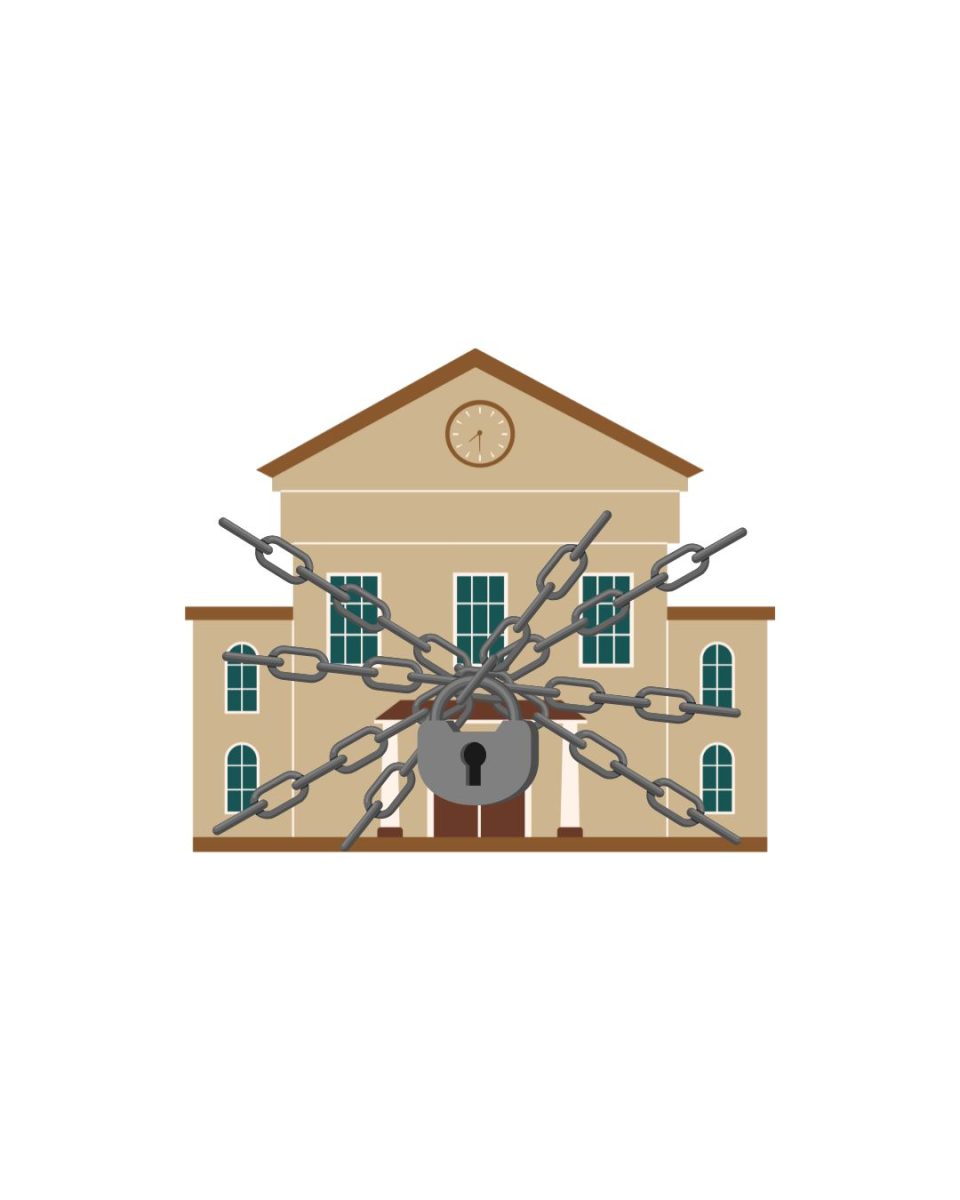While perusing the pages of YouTube this week, I came across a video by the famous “Crash Course” regarding the arguments for God’s existence put forth in the Summa Theologiae by St. Thomas Aquinas. As a philosophy enthusiast and devout Catholic, this video peaked my interest. After watching two minutes of the ten-minute video, it became quite clear that the presenter Hank Green, clearly had not understood the arguments St. Thomas gave. By the end, it became clearer that he had never actually bothered to read the man he was purporting to refute. My concern is less with the fact that Hank Green objectively has no idea what he’s talking about on this topic than with the viewers, of which there were over 800,000 the last time I checked, who, as a result of watching this video became less informed, not more. The reason? They tried to take a short cut. The urge to watch brief—and, in this case, irresponsibly uninformed—YouTube videos filled with saccharine cartoons by sources of questionable repute to inform one’s self on nuanced philosophical topics is but a symptom of a larger problem in our education and politics as a whole. The lesson is that there is no short cut for the long, difficult job of reading. It’s easy to watch “Crash Course” videos, wear “Stand Up For Science” shirts and watch The Young Turks. Reading is hard… sometimes it’s boring.
Ask a follower of current affairs what they think about the Affordable Care Act or DACA and they will no doubt have an immediate, visceral reaction. Perhaps it’s positive; perhaps it’s negative. But how many of them have actually read the legislation or at least taken the time to understand the nuances of what it actually does before coming to an opinion? We want easy answers and easy understanding when the reality is that neither is possible. People are busy with their jobs and class work and, if we’re honest, mostly get our news from 140 (now 280!) character tweets.
The result of this laziness is the desire to have opinions while maintaining no meaningful knowledge of nearly any topic. This manifests itself in several ways. When people don’t know enough to debate serious issues of substance like healthcare or foreign policy, let alone larger morality, the debate is subsumed by inanity like talks of “wars on Christmas” and whether or not kneeling during the national anthem is a virtuous act. These things make no difference to most people’s lives, but they serve as a debating point that requires little or no knowledge of a topic. They give the illusion of debate, of knowledge and of virtue without the thing itself. The only true ointment to this disease is eliminating the short cuts and taking the time to get informed.
Without a depth of knowledge in a field or range of fields, all that is left is moral posturing. You may not know very much about the Affordable Care Act, but you know the kind of person who is in favor of it. You know whether or not that kind of person is a person you would trust and respect. You know whether or not that type of person is someone that you would like to be or be associated with, so you take a position you may not be equipped to defend. Unfortunately, talks of kneeling during the national anthem and the like are far worse and farther on the spectrum of social rot than a moral posture on a substantive issue like healthcare. Healthcare and foreign policy are real issues with genuine arguments on both sides; people study these issues for their entire lives. No one is writing their doctoral dissertation on the “war on Christmas,” and if they are, things are worse than I imagined. These issues are completely shallow, require only the illusion of knowledge and, once again, serve not to change hearts and minds, but to show what kind of person the speaker is. It is a shibboleth, the flashing of a political gang sign. It only serves to show the listener, reader or (I suspect) the speaker himself how virtuous the speaker is. Vanity of vanities; all is vanity.
For questions/comments about this column, email [email protected] or tweet @thewhitonline.



































































































































































































Santino D'Agostino • Nov 7, 2017 at 8:34 pm
Truest thing I’ve ever read. This recent election, I heard people saying, “Which one’s going to legalize weed? Good stuff, he’s got my vote.” It’s scary that my generation is saturated with one-issue voters who refuse to educate themselves on the basics of moral values and philosophy which manifests itself into political competence, in most cases. Even reading a few pages of the Federalist Papers, or even the first few sentences of the constitution would educate my generation one-hundred times more than they are right now. The largest fallacy that creates this is, in my opinion, relying on people who have “Dr.” in front of their name. They’re trained to listen to people more qualified and older than them and inevitably fall into a trance of “I’m going to believe everything they say and refuse to form my own opinion.” Awesome piece, and dead on point.